Herbal and Aromatic Plants: Chlorophytum Borivilianum: Safed Musli
The plant Safed Musli (Chlorophytum borivilianum) is a medicinal plant belonging to the family Liliaceae. The name Chlorophytum is derived from Greek word, Chloros means green and Phyton means plant. It grows well in tropical and sub-tropical climates at an altitude of 1500 m. There are around 256 varieties of Chlorophytum in the world, which are yet to be known. In India, there are 17 of them, of which, Chlorophytum borivilianum has a good market demand. Chlorophytum is a medicinal plant, with small, usually white flowers, produced on sparse panicles up to 120 cm long. Safed Musli holds an important place in the traditional medicinal system. Safedmusli (Chlorophytum) has unparalleled therapeutic and medicinal properties which have made safed musli a key ingredient in the preparation of a number of Ayuvedic formulations. The chemical composition consists of carbohydrates, proteins, fibers, steroids, minerals and alkaloids. The saponins and alkaloids present in the plant are the primary source of its significant medicinal properties. Besides its extensive use in ayurveda and other conventional medical system in asia, safedmusli is also gaining increasing acceptance as a vitalizer and health gaining tonic, a curative for pre-natal and post-natal problems, a restorative for immunity-improvement and as a remedy for diabetes and arthritis. Though it is a very popular aphrodisiac agent, with no side effects. It is often prescribed for enhancing male potency and overcoming signs of fatigue.
These important informations are compiled through many sources and published in the form of a book which will be very helpful for Students, Research Scholars and Scientists and many other related to herbal and aromatic plants.
Get it now and save 10%
BECOME A MEMBER

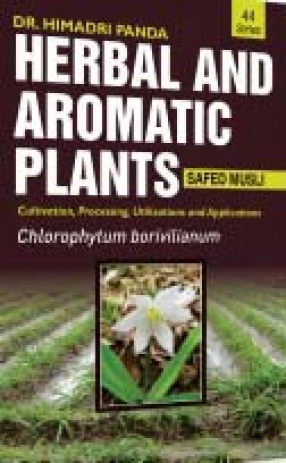




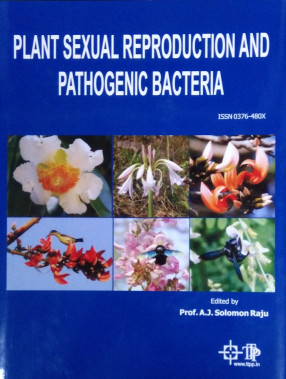
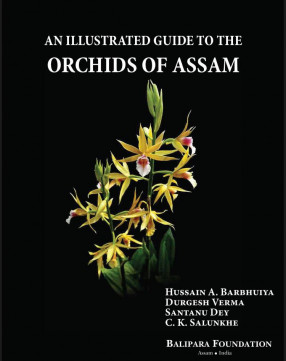
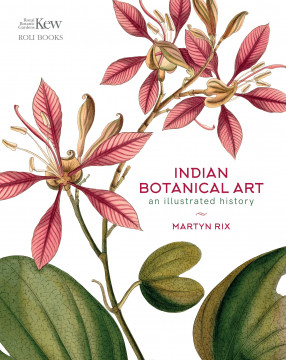
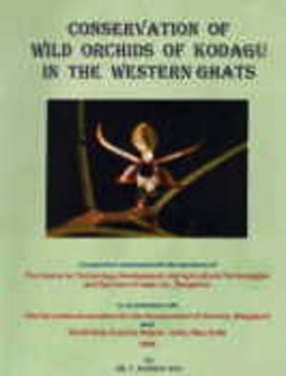

Bibliographic information